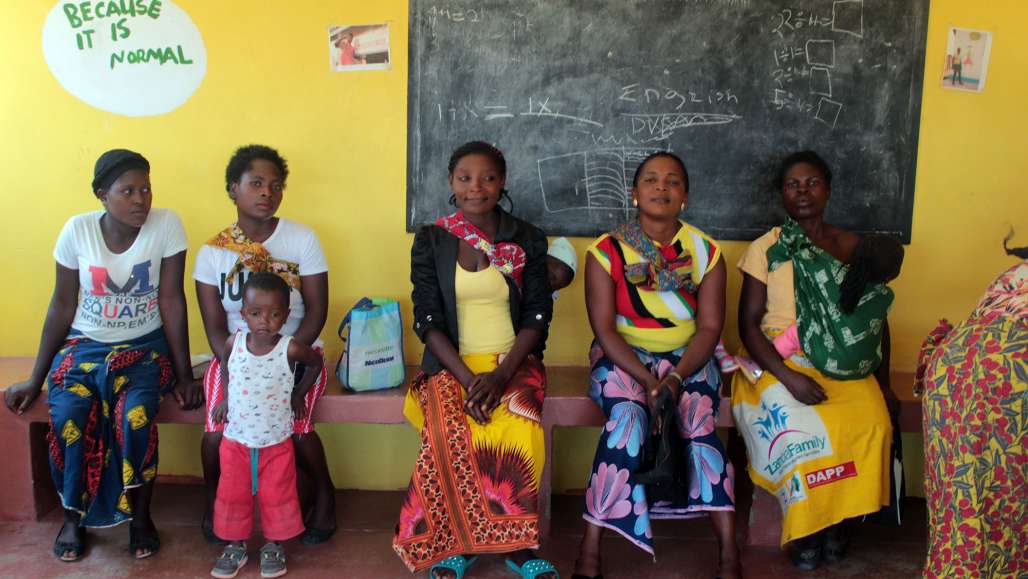Professor Assesses Healthcare in Zambia on Fulbright Research Scholarship

In the most remote areas of Zambia, hours away from the nearest hospital, are locations, or “posts”, where roughly two community healthcare workers serve the needs of 10,000 people – from the very youngest to oldest.
Public Health Associate Professor Dr. Meg Henning received a Fulbright Research Scholarship to take an in-depth look at this system by gathering feedback from those who are served – specifically, adult and adolescent mothers. Her research was done in collaboration with University of Zambia. Maternal and child health services are among the key services provided by the community-based programs, and there is a critical shortage of trained healthcare professionals.
“It’s important that people who are being served by a healthcare system have an opportunity for their voices to be heard, and to have those voices make a difference in the delivery of care,” said Dr. Henning. “In Zambia, one in four babies are born to women 15 to 19 years of age. Including adolescent mothers is crucial because they are young, and the care they receive during pregnancy–along with the care given to infants and small children–is critical to the wellbeing of the communities now and for the years to come.”
As a Fulbright Scholar, Dr. Henning talked with adolescent mothers in several healthcare posts to determine how well the care is being delivered, and to look for needs that should be communicated back to the Ministry of Health in Zambia. Dr. Henning presented her findings in December 2017 to the Ministry, and has been asked back for further discussion. Her initial results indicate there are opportunities to address the gender divide and workplace dynamics, as females are more often working in the community while males primarily work in the clinics.
In conjunction with her Fulbright Scholarship, Dr. Henning (along with Dr. Stephanie Simmons Zuilkowski at Florida State University) was awarded a grant from the Spencer Foundation to research barriers to adolescent mothers in Zambia returning to school after having a child, even though there is a law in place to ensure this right. Many studies have shown that pregnancy leads to school dropout in sub-Saharan Africa. “While prevention is clearly optimal, the reality is that many sub-Saharan African countries have large groups of adolescent mothers who would like to continue their education, but have been unable to do so,” said Dr. Henning.
Partnering with the University of Zambia, 300 surveys were collected from adolescent mothers, along with in-depth interviews with teachers, and focus groups with school girls. In March 2018 Dr. Henning will present the results at a national symposium in Zambia. The findings suggest girls want to go back to school. And while general awareness that a policy is in place to help them was high, there was poor understanding of its implementation at the school level.
Dr. Henning’s students are benefitting from her research experiences as they also assess the data on a real issue in real-time. “Dr. Henning’s research has inspired me to further pursue my own career within women’s health, with a focus on Public Health Policy and Management,” said Keene State senior Montana Phipps. “She connects her work in Zambia to the curriculum and what we are learning. Without doubt, Dr. Henning’s international and professional outlook on women’s health has influenced my own future career goals.”





